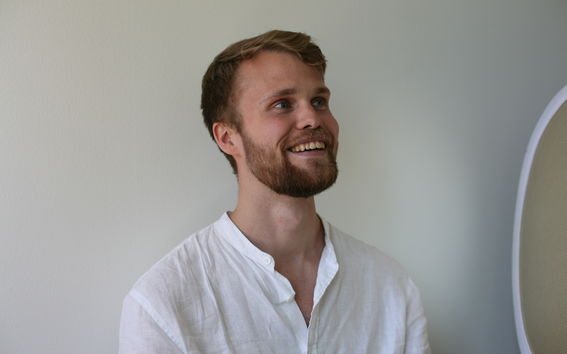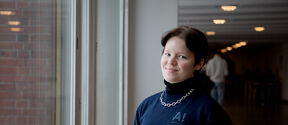Lessons from a project-based student internship

The short summary of Aalto Thesis is that it’s a project-based programme for multidisciplinary teams of Master’s students to write their theses in work-life collaboration. Though the inherent advantage of the programme is that it provides explicit structure to a project often completed in solitude, the collaborative aspects create a new set of requirements and guidelines to follow. One task I was assigned at the beginning of my springtime internship was to create a comprehensive guide for the programme’s future students: a document to help every step of the way, from first research drafts to writing an article of the finished product - which you can find here.
Creating structure
For the most part, creating a student guide has been a fun and rewarding process. Initially, the freedom I was given felt confusing: how would I - who has little to no experience in either project-based work, let alone creating project guides for others - be able to essentially guide people through a process I haven’t done? Helping me whenever I needed it, my co-workers and manager also encouraged me to do as I saw fit - big thanks for that!
Soon enough, upon reading into the basics of project planning, it dawned on me: researching established principles, tools, and methods of project work allow me to create a comprehensive and detailed project plan. The project plan enables the scheduling of my time between the different sections of creating the guide and my other tasks. When it got to the point of addressing some sections more specific to the programme, just following along the predetermined, but adjustable framework, made the job progress almost by itself.
In the end, as you might guess, it's exactly those initial feelings of uncertainty and worry over my capabilities in managing myself and my work that made the internship so valuable for me. Not only do I walk away with a completed project, but a sense of accomplishment in myself for figuring the project out, from start to finish. In a sense, the principle is the same as in having a flipped classroom. You teach yourself to teach.
Allow students, interns, and entry-level employees to manage themselves
I would actually make the case for even more internships, both at the university and in the private sector as well, to be constructed on the same basis as mine. More entry level positions too, for that matter. The future of work is expected to increasingly favour freelancing and non-traditional contracts. So why not introduce, and even embrace, internship opportunities for students that align with this trend of working life? Not only are project management skills valuable, but portable or general competencies are frequently reported as some of the most important 21st century skills. For technical skills, adaptability and retraining are key. Allowing interns freedom in the managing of their own projects, schedules and work is one of the best practical learning experiences you can provide.
Lessons learned
- Project-based approaches enhance a sense of work ownership
- Project-based approaches facilitate portable skill development, which is especially important for people in the beginning of their careers
- Clear deadlines and check-ups maintain scheduling and positive pressure
- Comprehensive project planning mitigates risks
- Thorough planning saves time in the long run. Just make sure your plans are adjustable!
Link to the guide I've been going on about is here! It features sections on teamwork, multidisciplinarity, and project work. Additionally, there are sections for Aalto Thesis students about managing their relationship with their Project's Partner, and tips on what to do after the programme. I hope it's useful to both future Aalto Thesis students, and anyone interested in the topics mentioned above.
Author:
Erkka Jussila
Erkka interned for Aalto Thesis during Spring 2020, and is currently a Master's student himself at the School of Business.
Read more news
Online Writing retreats for doctoral students in Finnish in spring 2026
Join the monthly communal meetings for research reporting.
Adaptive Reuse Seminar in Cambridge, UK
Two-day seminar in Cambridge on adaptive reuse of Downing Site, with student proposals, expert talks, and site visit.
Loan laptops available for students from IT Services for short-term use
Teachers can order laptops for students if needed.






